We all know how Africa is portrayed in Western media, so it’s no wonder many travelers feel discouraged from visiting Kenya. With all the sensational headlines about crime and health crises, it’s impossible not to be worried. Safety concerns are even stronger among solo female travelers, who often ask, ”Is Kenya safe to visit?”
The good news? The answer is ‘’YES’’! Kenya is a safe place to visit as a solo female traveler. It’s an amazing safari destination in East Africa, and home to some incredible national parks such as Masai Mara, Amboseli, Tsavo East, and others.
Although certain risks exist in Nairobi, just like in many other major cities around the world, most places in Kenya are quite peaceful.
Here, I’ll talk about potential risks, and provide safety tips to help you explore Kenya safely. You’ll learn about the safest areas to stay in Nairobi, health issues such as malaria or yellow fever, and much more.
Is Nairobi Safe?
Nairobi, also called ‘’Nairobbery’’ by locals, got its nickname because carjacking and armed robberies were a daily occurrence in the 90’s. However, Nairobi’s reputation for crime is outdated, and today, it’s no more dangerous than Paris or London.
According to Statista, knife-related crimes in London have been on the rise, with over 15.000 incidents reported in just one year.
Yet, many still believe that these European capitals are much safer than Nairobi.
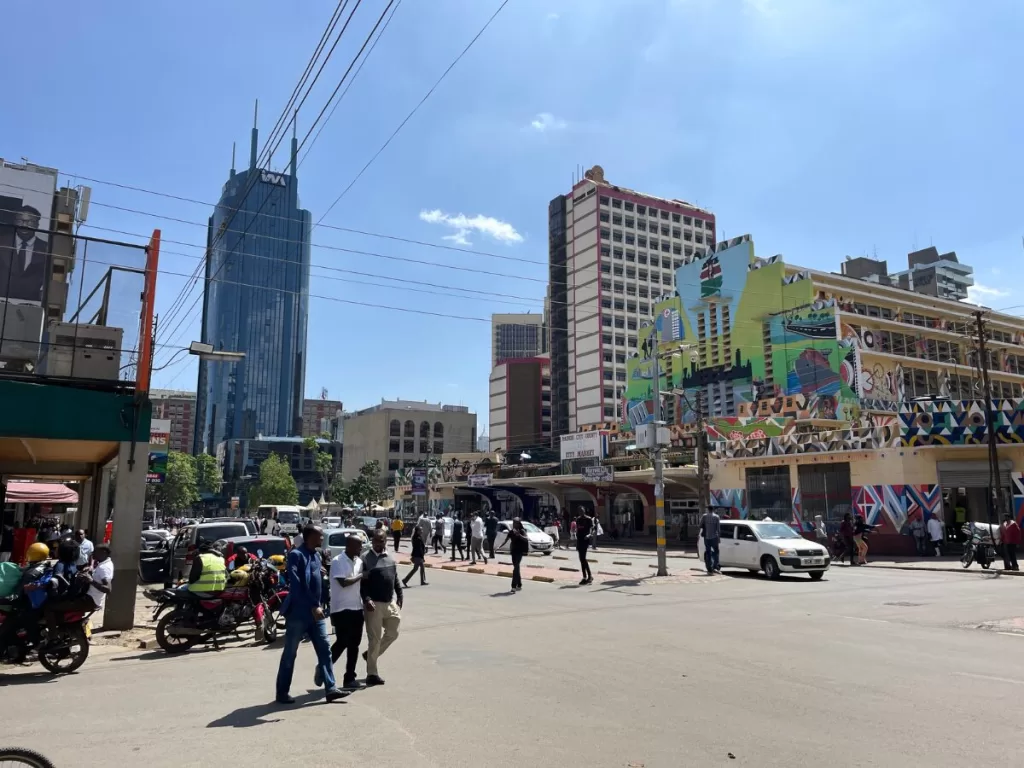
If you’re curious about how Nairobi compares to other large cities in the world, you can use websites like Numbeo to check crime rates. While the data can sometimes be misleading, it can give you an idea of the security situation in Nairobi.
Petty theft is the most common issue in Nairobi, but assaults like mugging, armed robberies, carjacking, home invasion, and kidnapping are possible, especially in high-risk areas.
Like many other big cities, Nairobi can be both safe and unsafe, depending on where you are. That’s why it’s important to know which neighborhoods are safe to explore and which ones are best avoided.
What Areas to Avoid in Nairobi?
Like everywhere, there are some ‘’no-go’’ or less safe areas that you should avoid, especially after dark.
One of the most unsafe areas of Nairobi city is the Downtown, also known as Nairobi CBD. Try to avoid parts of CBD such as River Road, Archives, Kirinyaga Road, and Fig Tree, especially after dark. Violent crime can happen in this part of the city, so if you decide to visit during the day, you should be extra cautious. Don’t carry any valuables with you, hide your cell phone, and be aware of your surroundings at all times.
Some other areas that are considered unsafe include Nairobi West, Eastleigh, slums ( Mathare, Jangili, Kibera, Majengo, Mlango Kubwa, Kayole, Huruma, Kariobangi North, Mathare North), Lunga Lunga, Kawangware, Githurai 45, and Jericho.
What are the Safest Areas in Nairobi?
While there are many high-risk areas in Nairobi, there are also several parts of the city where you don’t have to worry about your safety. Most buildings in these safe neighborhoods are equipped with 24-hour security guards.
Here are some of the safest neighborhoods in Nairobi along with the best places to stay:
Westlands
This is where I stayed during my visit to Nairobi. Westlands is one of the most popular neighborhoods among expats. It’s a safe and quiet neighborhood close to the city center and all tourist attractions. Here you’ll find the best shopping malls, restaurants, and nightlife that won’t disappoint. It’s also home to several embassies and international corporations.
Recommended Apartments and Hotels in Westlands:
JW Marriott Hotel Nairobi is an excellent modern hotel that offers fantastic facilities for a luxurious stay. You can enjoy beautiful city views, a rooftop pool, a fitness center, and a sauna. There are also nice communal areas and several spots to grab a drink.
Villa Rosa Kempinski offers elegant, spacious rooms with city views. You can also enjoy the spa which features 9 treatment rooms, a sauna, a fully equipped fitness center, and an outdoor swimming pool.
Best Western Plus Westlands features a shared lounge, private parking, a terrace, and a bar. It’s just a few minutes walk from Sarit Mall, which is super convenient if you have to get a SIM card ( in case you don’t have an eSim) and exchange money on your first day.
Kilimani
Kilimani is home to many tech companies and great bars and nightclubs, so it’s famous among digital entrepreneurs and travelers.
Recommended apartments and hotels in Kilimani:
Deerpark Luxury Stays is a lovely boutique hotel where you can enjoy free bikes, an outdoor swimming pool, and a garden. The hotel also offers room service, a 24-hour front desk, and currency exchange services.
Palacina The Residence & The Suites is beautifully designed and offers a range of accommodations, including studios, suites, and one, two, and three-bedroom apartments. Some of these apartments even come with a sauna. You can enjoy the swimming pool, a fitness center, and beautiful garden views from your room.
At Yaya Hotel & Apartments, you can relax by the outdoor pool, play tennis, enjoy BBQ facilities, or work out in the fitness center. It’s located next to Yaya Mall and close to a supermarket.
Karen
Karen is the most upscale neighborhood in Nairobi, named after Karen Blixen, the author of ‘’Out of Africa.’’ This area offers a peaceful environment and is located just 20 km from the city center.
Even if you don’t stay here, you should visit the Karen Blixen Museum, which was the author’s former home and where you can learn more about her fascinating life. There are also some other attractions nearby, such as the Giraffe Centre, Elephant Orphanage, and Nairobi National Park.
Recommended apartments and hotels in Karen:
The Drexel House Kenya offers a peaceful and tranquil stay. It offers standard double rooms, deluxe double rooms, executive suites, and cottages. You can take a dip in the outdoor pool, relax in a wonderful garden, or enjoy drinks at the bar. There are also barbecue facilities that add a homely touch.
The Jungle Oasis, also called Anga Afrika, is a beautifully designed property with a studio apartment, a two-bedroom apartment, and a deluxe bungalow with a garden view.
Lavington
Lavington is another popular area to stay in Nairobi. It’s an upscale neighborhood, home to high-end mansions and shopping malls. It’s most popular among wealthy Kenyans.
Recommended apartments and hotels in Lavington:
Exquisite 2 Bedroom, Lux Living at Riverside is a modern 2-bedroom apartment that has a fitness center, private parking, a fully equipped kitchen, a dining area, a washing machine, and a balcony with beautiful garden views.
Sangara by Edmor Suites offers comfortable accommodation with a private pool. Some of the rooms include a balcony, while others have beautiful garden views.
Luxurious 2-bedroom furnished apartment has a kitchen, a cozy seating area, and free parking. It’s a good choice if you’re looking for a home-like stay.
Runda
Runda is an elite neighborhood with the highest property prices in Nairobi. It’s famous for its large luxurious homes, and popular among wealthy Kenyans and expats.
Recommended apartments and hotels in Runda:
Villa Rock Stop Falls is a cozy guest house situated in a forest. You can enjoy magnificent views, the soothing sounds of the nearby waterfall, and lush greenery all around.
Kathy’s Place is a studio apartment with a garden, free private parking, 24-hour security, and room service. It’s a good choice if you’re looking for an affordable stay.
If you’re a solo female traveler, you should avoid walking alone at night, even in these safe areas of Nairobi. Even though they are safe during the daylight hours, the risk of mugging or sexual assault can increase after dark. To stay safe, always take an Uber when moving around the city at night.
Is Masai Mara Safe?
Masai Mara is one of the most popular safari destinations in Africa. It is famous for incredible wildlife, The Great Wildebeest Migration, and the Maasai Tribe.
When it comes to safety, Masai Mara is perfectly safe for solo travelers, like many other rural areas in Kenya. Most safari camps hire Maasai warriors to guard the tents against wild animals at night.
During game drives, you’ll have to follow a few simple guidelines like staying inside the car and listening to your guide’s instructions.
Additionally, you should use mosquito repellents containing DEET to prevent malaria. Although the risk of malaria in Masai Mara is much lower compared to coastal areas like Mombasa or Diani Beach, it’s still present.
Health Risks in Kenya
When visiting Kenya, it’s super important that you stay informed about potential health risks and what you can do to protect yourself. In some areas, there’s a risk of diseases like malaria, rabies, hepatitis B, meningitis, cholera, and yellow fever.
How common is malaria in Kenya?
Malaria is one of the main health concerns in Kenya. It’s more common during the rainy seasons but still exists throughout the country year-round. The risk is generally lower in certain areas, such as Nairobi and the highlands above 2,500 meters (8200ft) of Central, Eastern, Nyanza, Rift Valley, and Western provinces. Due to the higher altitudes, these regions have fewer mosquitoes so the risk of transmission is lower compared to lowland and coastal areas like Mombasa and near Lake Victoria.
If you’re going to visit regions with a high risk of malaria, you may consider taking antimalarials. Daily tablets like Malarone (Atovaquone/Proguanil) are among the most effective, and you should start taking them one day before arriving in a malaria zone, every day during your trip, and for seven days after leaving.
Doxycycline is another daily option that you should start taking 1 or 2 days before entering a malaria zone, and continue for 28 days after leaving.
If you prefer not to take tablets daily, you can buy Lariam (mefloquine), which you should take only once a week. If you’ve never used Lariam before, you should start taking it three weeks before your trip to monitor for any possible side effects. However, if you’ve used it before without issues, you can start taking it 1.5 weeks before travel. You must continue taking it for four weeks after leaving the malaria risk area.
Is Kenya a yellow fever risk country?
Yellow Fever is a serious viral infection transmitted by mosquito bites, which is endemic to many countries in Africa and South America. Among them is Kenya, which is considered a country with a high risk of yellow fever transmission. The high-risk areas include national parks such as Masai Mara, Amboseli, Lake Nakuru, and Tsavo West, and cities like Kisumu, Eldoret, and Nakuru.
In contrast, Nairobi and some coastal regions including Mombasa, Kilifi, and Lamu, are generally considered low risk.
When entering Kenya, you’ll be required to show proof of yellow fever vaccination if you’re arriving from or had a stopover for more than 12 hours in a country where yellow fever is endemic.
Yellow fever vaccination is one of the entry requirements for most countries if you’re coming from high-risk areas.
Is tap water safe to drink?
Tap water in Kenya is not safe to drink directly, as it may contain small amounts of contaminants. However, Kenyan people, as well as many expats, boil the water before drinking it without any problems. Most restaurants also provide filtered water that is safe to drink. If in doubt, you can always get bottled water. During my stay, I consumed filtered and bottled water and used tap water only for brushing my teeth.
Do I need a travel insurance?
Although travel insurance is not required for a trip to Kenya, it’s always a good idea to have one. You never really know what could happen while you’re traveling, and things tend to go wrong when you least expect it.
Since I travel full-time, I use SafetyWing insurance for nomads, which works great for my lifestyle. If you’re planning to travel continuously like me, it’s worth checking out. However, if you’re going on a shorter trip, you might want to consider Visitor’s Coverage travel insurance instead.
In conclusion, when it comes to the question, “Is Kenya safe?” I can confidently say that it is a generally safe country to visit as a solo female traveler.
The Kenyan government takes tourist safety seriously, and it’s a high priority in the country’s growing tourism industry.
You’ll probably see travel warnings for Kenya from the U.S. Embassy or other consulates, but it’s important to know that many of them are inaccurate and tend to be politically influenced.
While violent crime happens, usually in some parts of Nairobi, petty crime is much more common. But if you use your common sense and follow basic safety advice, such as being aware of your surroundings and avoiding certain areas at night, you’ll be safe.
Read Also: The Ultimate Guide to The Masai Mara Safari in Kenya
Read Also: Visiting a Maasai Mara Village | Facts About the Maasai Tribe


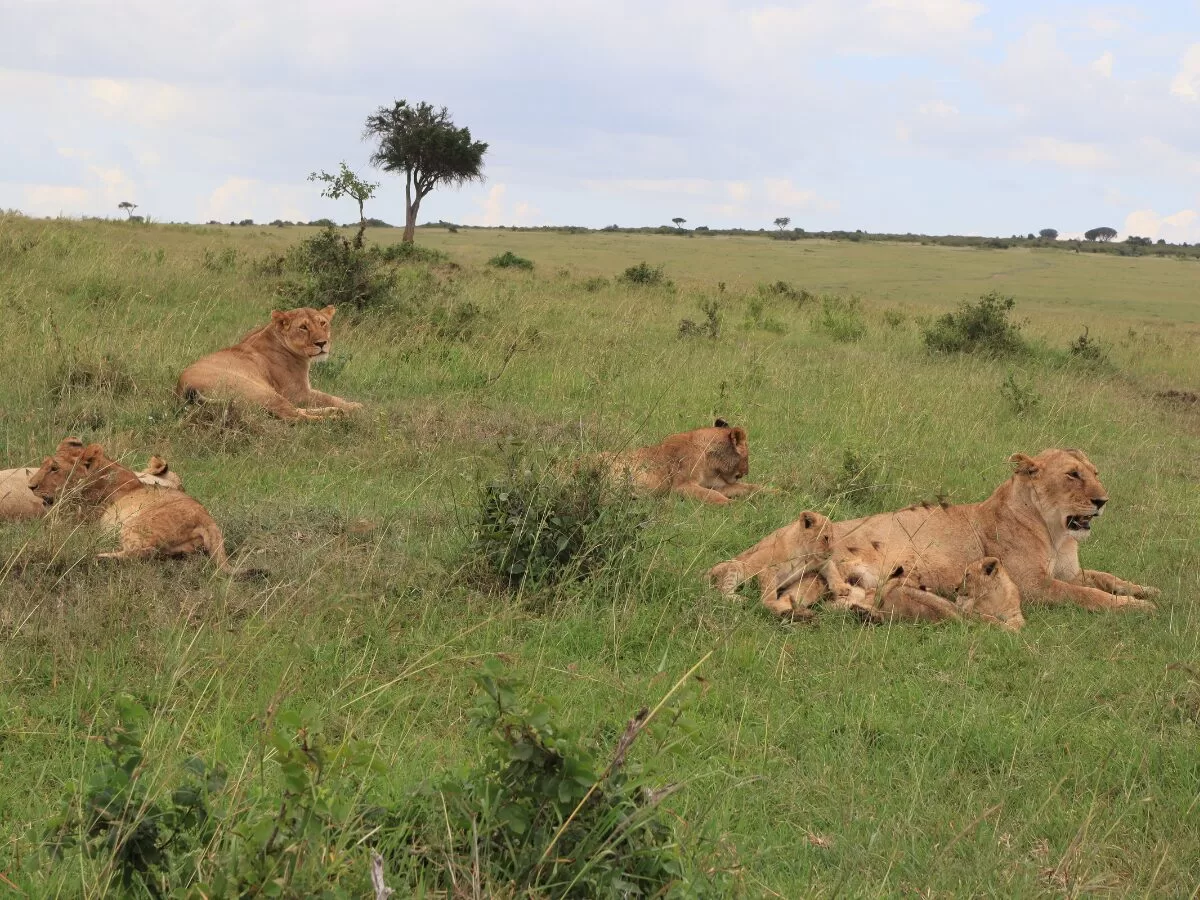
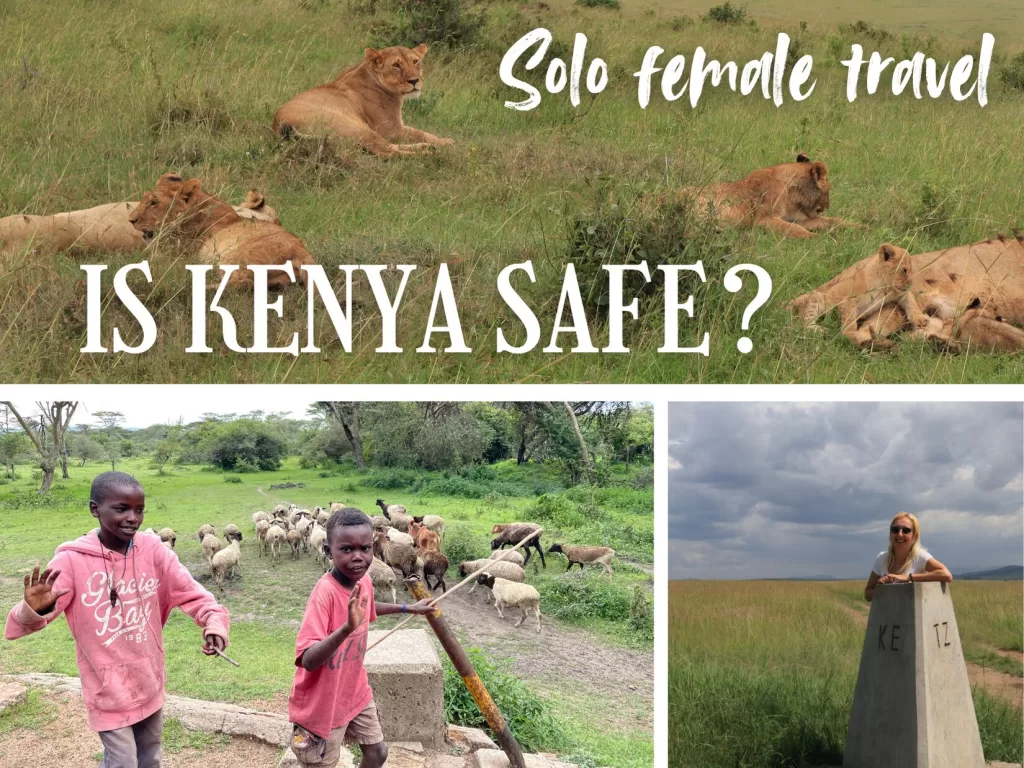
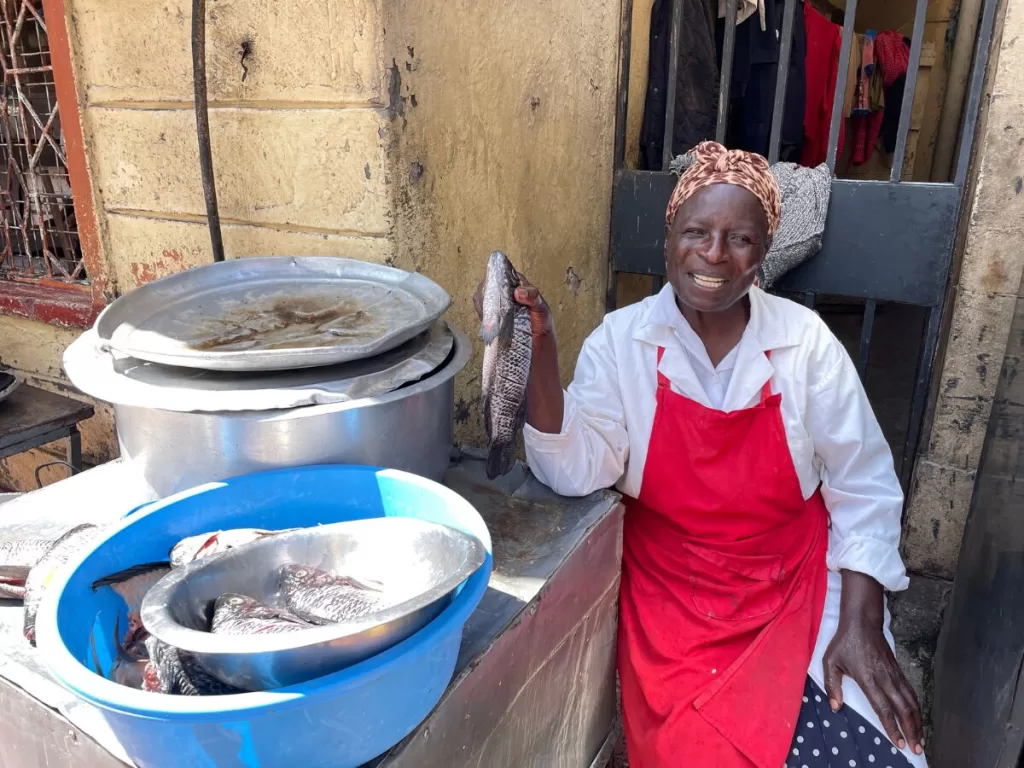
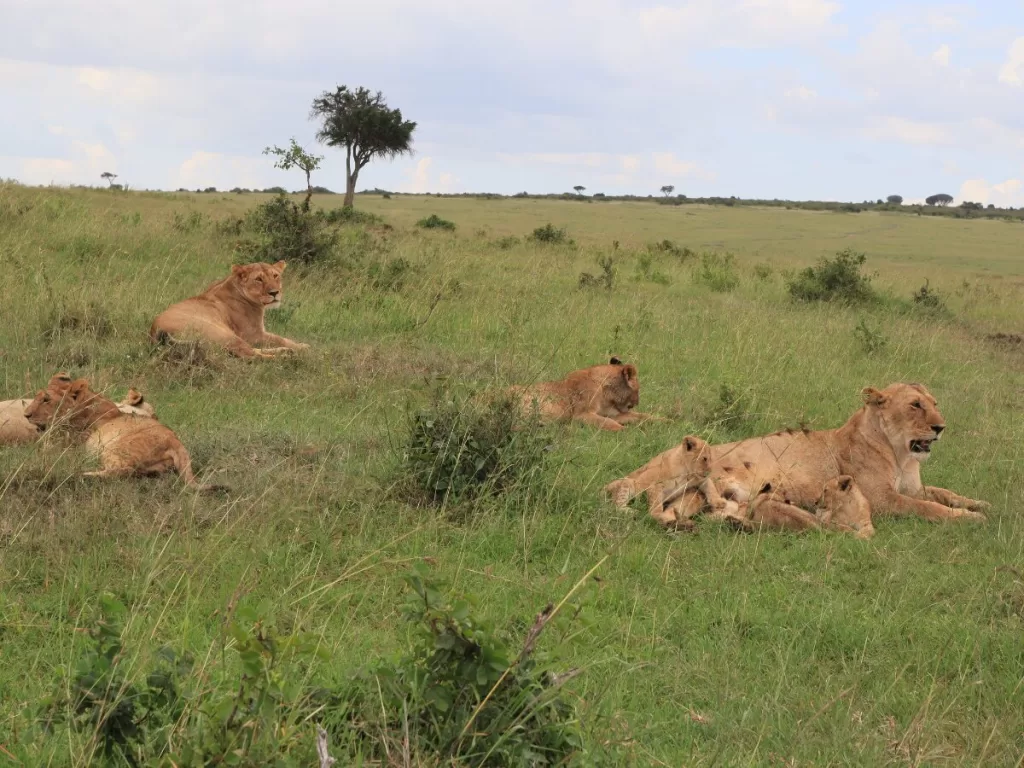
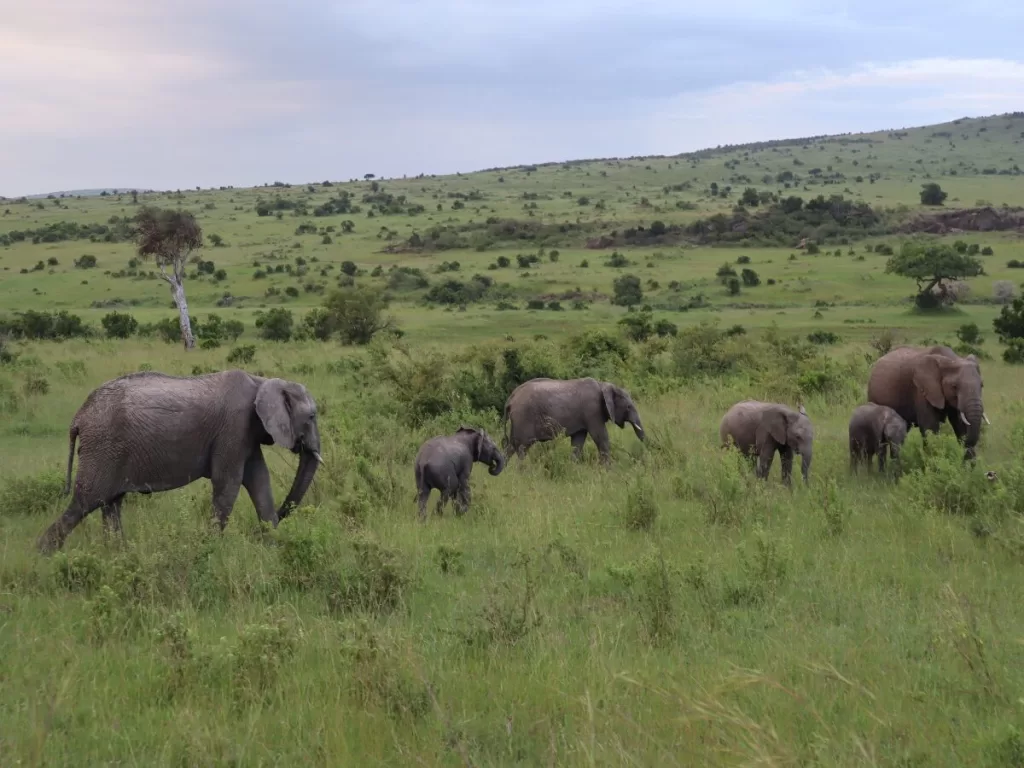
Leave a reply